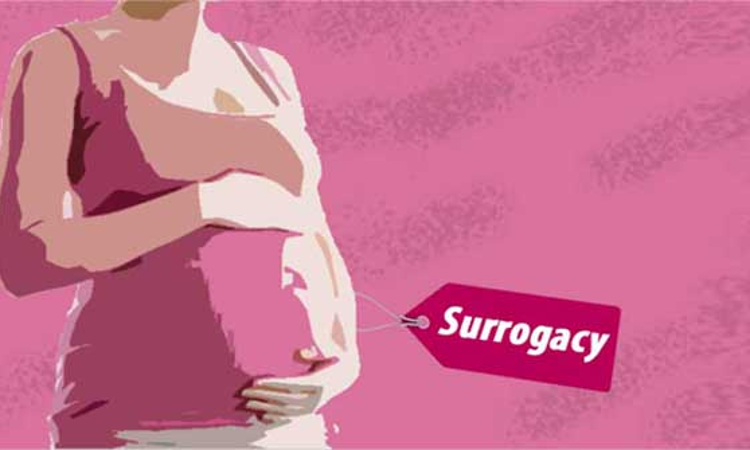Kerala High Court Seeks To Know Purpose Of Surrogacy Rules Amendment Barring Couples From Using Donor Oocytes
Tellmy Jolly
15 Nov 2023 3:10 PM IST

Next Story
15 Nov 2023 3:10 PM IST
A plea has been moved before the Kerala High Court challenging the recent amendment introduced by Central Government in the Surrogacy Regulations Rules, 2022. As per the new amendment introduced in March 2023, intending couples who wants to undergo surrogacy can only use their own gametes and not donor gametes. Before the amendment, the rule permitted the usage of donor oocytes...
